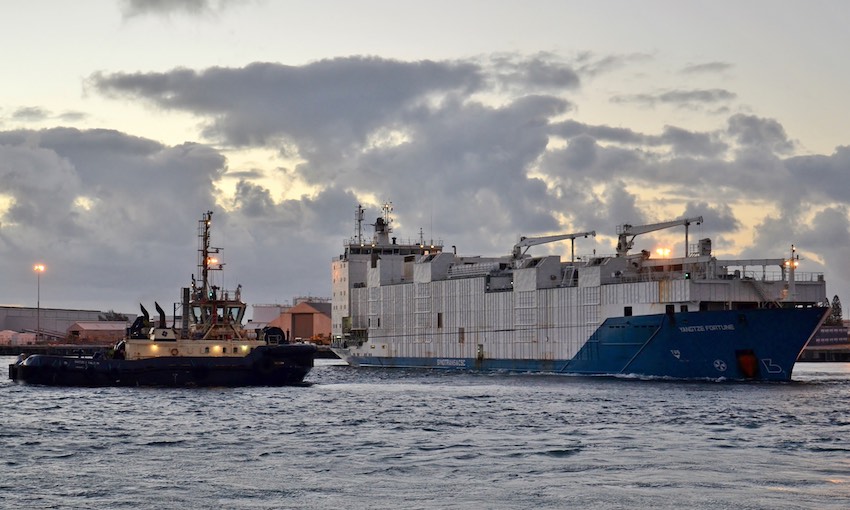AT LEAST 132 vessels were abandoned by owners in 2023, leaving seafarers stranded without pay, supplies or support.
The International Transport Workers’ Federation said this represents an increase of 13 ships or 10.92% over the previous year, “a worrying increase”.
The actual 2023 figure is likely to be understated, given that the overwhelming majority of those reports (129) were made by the ITF itself.
Under the Maritime Labour Convention 2006 abandonment occurs if the shipowner fails to cover the cost of a seafarer’s repatriation; or has left them without the necessary maintenance and support; or has otherwise unilaterally severed ties with them, including their failure to pay the seafarers’ contractual wages for a period of at least two months.
Key findings showed that owed wages from the 129 ITF-reported cases were in excess of US$12.1 million; 1676 seafarers contacted ITF from abandoned vessels; and Indian seafarers were the most abandoned, with more than 400 cases.
And while many of the abandoned vessels were sailing under “dubious” flags such as Palau, Cameroon, Tanzania and Comoros the greatest number – 23 – were Panama-registered.
The ITF said it has received more than $10.9 million in owed wages from 60 of these vessels so far. The final figure will exceed $12.1 million as cases take time to resolve and as other seafarers come forward, thereby increasing the amount of recoverable wages.
“The ongoing rise in the number of seafarer abandonments is unacceptable,” ITF Inspectorate Coordinator Steve Trowsdale said.
“It is a consequence of an industry where the seafarer can be a throw-away commodity,” he said.
“Seafarers and their families pay the ultimate price for the greed and non-compliance of ship owners, enduring the inhuman consequences of a system that compromises their well-being, dignity and basic human rights.
“ITF inspectors do an incredible job in holding to account those shipowners that try to get away with treating seafarers like some sort of modern-day slaves.”

